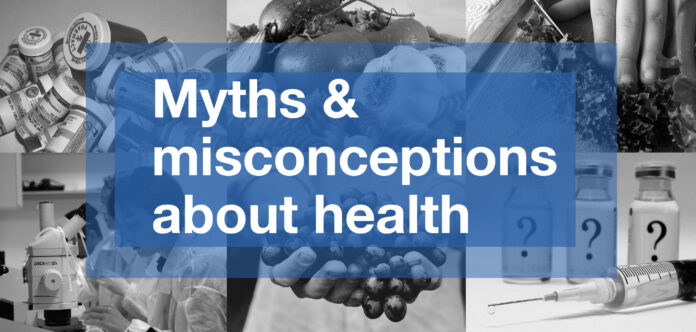
Where do you get your protein? No, where do you get your fiber?
As a vegan, I often receive the question “Where do you get your protein?” In the past, this question used to bother me because I felt like I was being made fun of by this protein-obsessed culture. How could I not receive the appropriate amount of nutrients with a diet filled with fruits and vegetables? Their question derives from the common belief that humans need to consume large amounts of protein and that the source must obviously come from meat or milk. It is not uncommon to find people consuming protein shakes, protein bars, or even the more recently popular “protein pancakes.” Somehow, protein seems to be directly correlated with health. The idea is, the more protein you consume, the healthier you will be.
However, this belief about protein is misconceived. Yes, it is true that protein is an essential nutrient, but it is not necessary to consume it in such large amounts nor does it only come from milk and dairy. Despite vegan diets being on average lower in protein than non-vegetarian diets, there has been no proven indication that having more protein in your diet is advantageous. Now, I realize that the question, “Where do you get your protein?” is not necessarily a dig at my dietary preference, but instead it’s an outcome that stems from a common misunderstanding about protein itself.
The first misunderstanding is that protein can only be found in meat and dairy. This idea is contested by the fact that there is actually an incredible amount of naturally occurring plant-based sources of protein. For example, beans, grains, nuts, seeds, and even vegetables contain a substantial amount of protein. Given that a vegan eats a wide variety of these foods and a sufficient amount of calories, it is not a problem for them to get enough protein.
Even with the evidence that there is protein found in plant-based foods and grains, there are still individuals who sneer at diets that reduce or remove meat and dairy. The common argument against plant-based protein is that they are not “quality” sources of protein. There are people that say meat, dairy, and eggs are high quality sources of protein, completely disregarding that soy, quinoa, and spinach are also considered to be high quality protein. In fact, not only are vegan sources of protein just as attainable, but they are also rich in fiber.
The question I then offer in response to the one about protein is: where do you get your fiber? Too often is the need for protein overemphasized, so much so that the importance of a fiber-rich diet is completely disregarded. Fiber, especially ones found in plant-based foods, works wonders for digestion, keeping one’s gut clean and smoothly functioning. On the other hand, conventional forms of protein such as meat, dairy, and eggs are not as easily digestible, and therefore require more energy from our bodies to digest these foods. Similarly, these foods tend to sit in our bodies a lot longer, which may contribute to gastrointestinal discomfort.
More important than the misinformation and physical discomfort of conventional forms of protein, is the proof that meat and dairy are major contributors to the formation of disease. Yes, meat and dairy provide individuals with protein, but they also provide unnecessary fat and cholesterol content, which increase the risk for heart disease, diabetes, and high cholesterol. Plant-based sources offer the same essential protein nutrient, but without the cost of increased susceptibility to disease.
Now, the point of writing this is not to convince you to become vegan (although it would certainly be a favorable outcome), but rather to offer you an inquiry into the information commonly dispersed about health. It was merely an attempt to have you question certain health practices that may seem like common sense. More than anything, I would like you to read this and think about the reasons that you actually consume these milk and dairy products. If you eat them because you think that they are the only sources of protein, or that their protein content is healthy and will prevent you from getting any sort of deficiencies or disease, then maybe you should reconsider.
Tiffany Marquez can be reached at tmmarquez@ucdavis.edu.
Graphic by Tiffany Choi.




